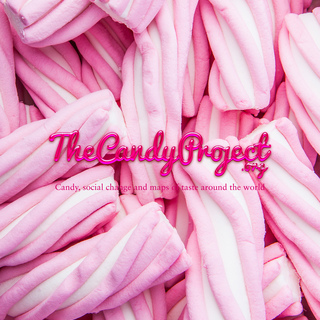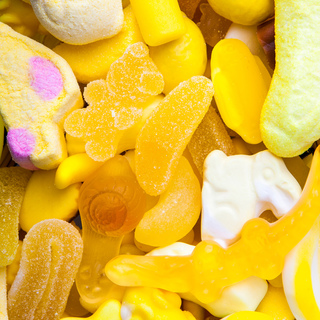Candies are part of almost everyone’s infant imaginary and when carefully analysed show us that it shouldn’t be considered only a risk factor for obesity, diabetes, tooth decay and other health issues that plague modern society, but actually a subject with many opportunities of studies. Under this premise starts The Candy Project that challenges the preconceptions about it and tries to dignify it: reverse or neutralize any charge of negativity attached to them, thus exploiting their potential.
Chef Andoni and the sociologist from the University of Basque Country Iñaki Martínez de Albeniz take front of the research: Candies as a topic has not yet been seriously addressed because it’s believed that there is little substantial: it’s associated with meaningless, almost irrelevant subject, except from the perspective of food science, which has almost demonized this food as for the risks involved for children specially. You need to leverage this stigma to invert it, explains Martínez de Albeniz.
The Candy Project will trace the different perceptions of candies through time. Historically the candies were used for nutritional value, as many other things, and had evolved into a way of rewarding and praising others, specially children. Over time, though, candy has lost its social utility and ceremonial context, being compulsively consumed in all circumstances and occasions across different cultures.
It was during Andoni’s and his team’s many trips around the world that they observed a strong connection between culinary cultures and candies for children. What are candies? When and how they are consumed? What is the predominant flavour of the candies in your country? Where and how they are sold? What candy marked your childhood? There are endless questions about the subject and still there are none rigorous study about it. Candies are strongly present on our day-to-day life nevertheless, as many other truly interesting things, go unnoticed. The Candy Project seeks to answer these questions and rescue the true meaning of candies through a systematic study of its textures and flavours. The project will trace candy’s historical evolution, will analyse the incidence in childhood and trace the relation it has in children’s formation.



